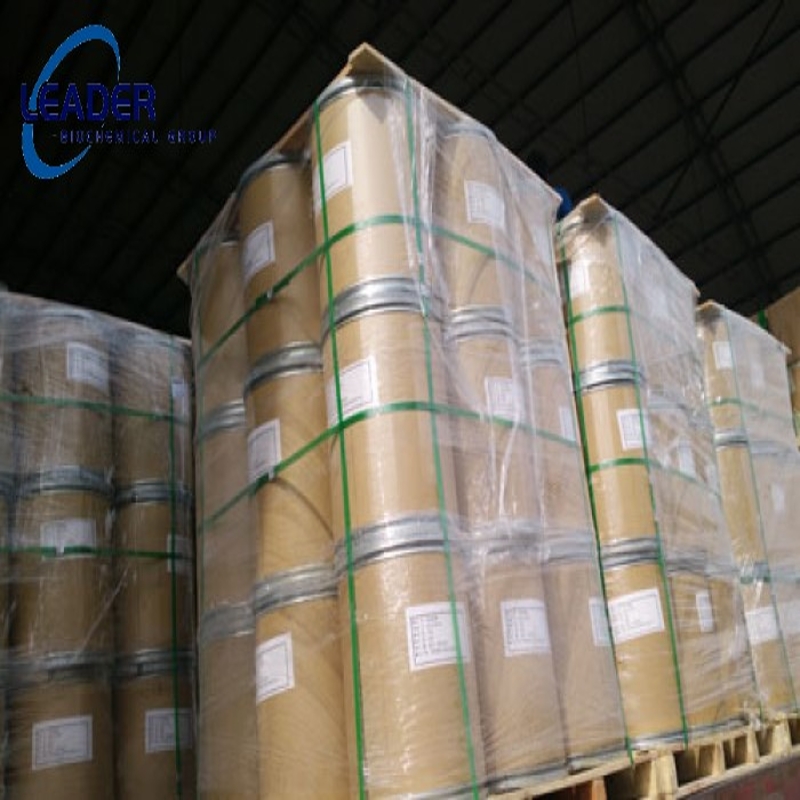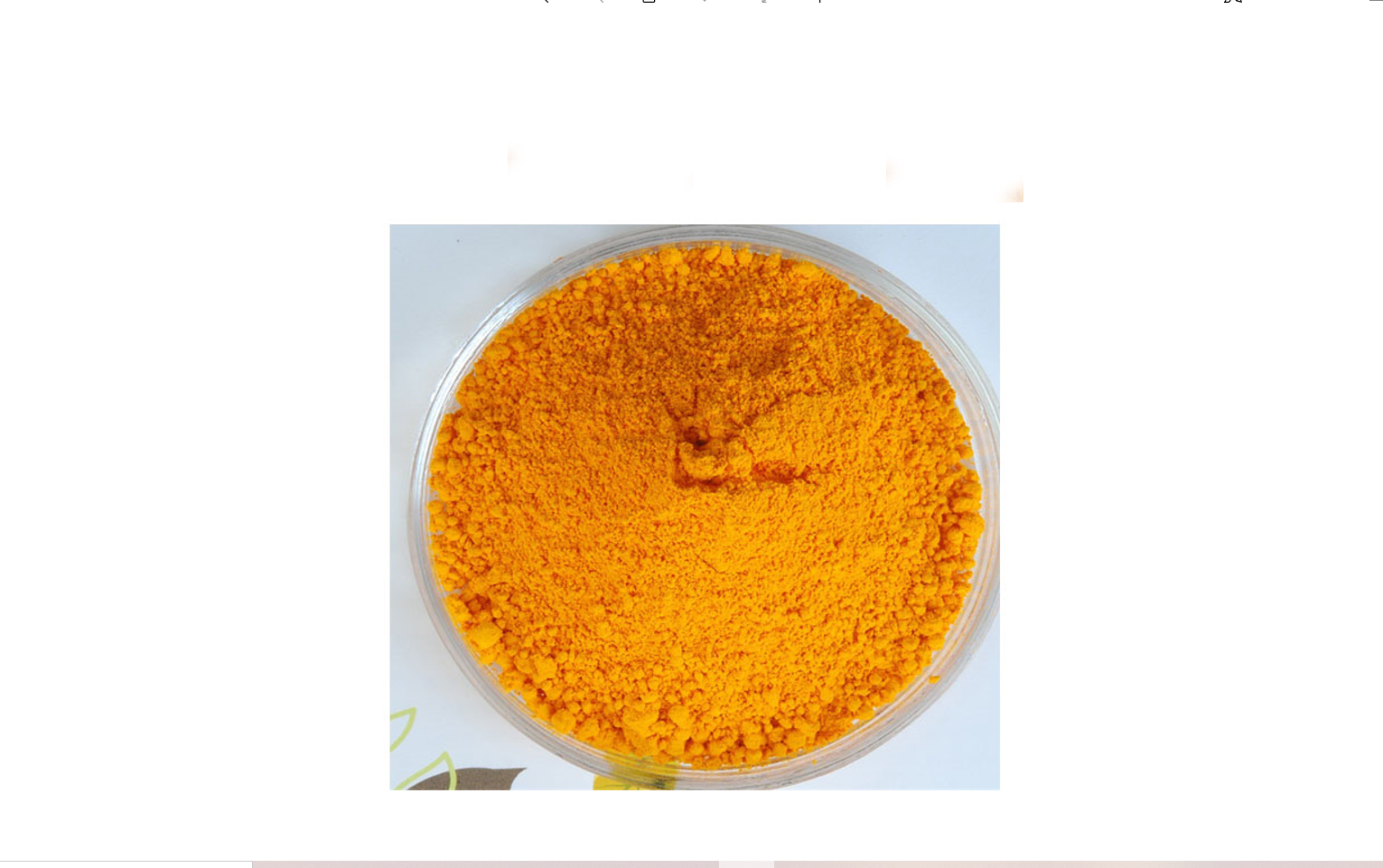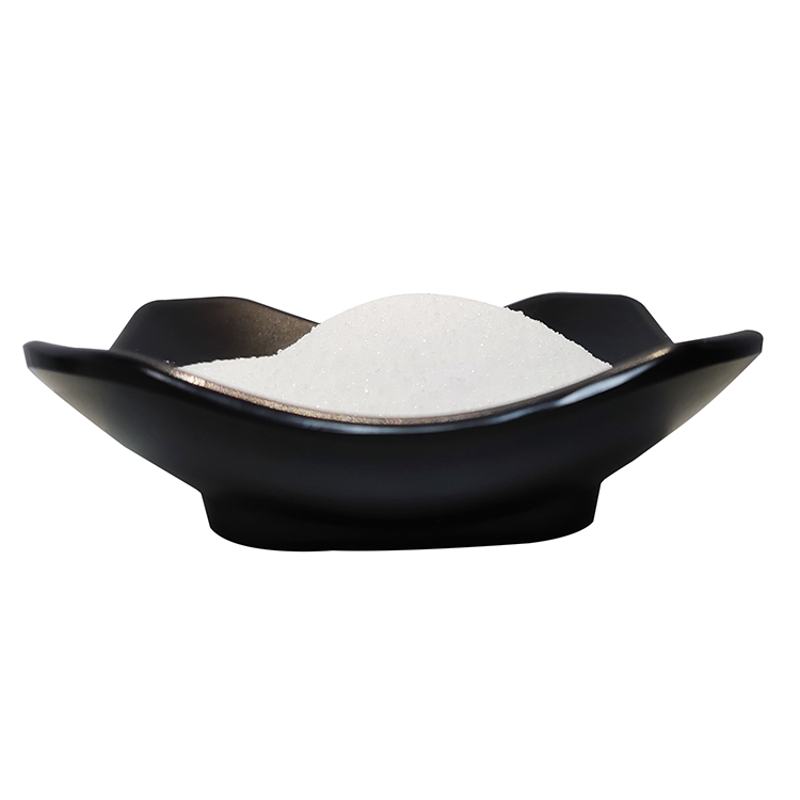-
Categories
-
Pharmaceutical Intermediates
-
Active Pharmaceutical Ingredients
-
Food Additives
- Industrial Coatings
- Agrochemicals
- Dyes and Pigments
- Surfactant
- Flavors and Fragrances
- Chemical Reagents
- Catalyst and Auxiliary
- Natural Products
- Inorganic Chemistry
-
Organic Chemistry
-
Biochemical Engineering
- Analytical Chemistry
-
Cosmetic Ingredient
- Water Treatment Chemical
-
Pharmaceutical Intermediates
Promotion
ECHEMI Mall
Wholesale
Weekly Price
Exhibition
News
-
Trade Service
A comprehensive analysis of existing evidence, published in the open-access journal BMJ open, suggests that acupuncture can significantly relieve low back and/or pelvic pain
that women often experience during pregnancy.
The findings showed no significant side effects for newborns born to mothers who opted for this therapy, although the researchers noted that only a handful of published studies in the analysis evaluated the results, such as preterm birth
.
Researchers say acupuncture is emerging as a potential therapy for a variety of different types of pain because it doesn't require medication and is considered safe
.
Exactly how it relieves pain is unclear, but it is thought to be related to the release of endorphins, the body's inherent "happy" chemical, and to increased blood flow to localized skin and muscles
.
However, whether it can relieve up to 90% of low back and/or pelvic pain experienced by pregnant women during pregnancy is still hotly debated
.
To add to the evidence base, researchers searched research databases of relevant clinical trials that compared the pain relief effects of pregnant women receiving acupuncture (alone or in combination with other treatments) with other/no/sham treatments, as well as the potential effects
on newborns.
The final analysis included 10 randomized controlled trials involving 1040 women
.
Each study was published between 2000 and 2020, and different studies
were conducted in Sweden, the United Kingdom, the United States, Spain, and Brazil.
These mothers-to-be were healthy, with an average pregnancy of 17 to 30 weeks, and had low back and/or pelvic pain
.
Acupuncture is performed
by a trained acupuncturist, physiotherapist or midwife.
Seven trials described human acupuncture; Three describe ear acupuncture (earlobe).
All studies reported on acupuncture points, length of needle retention, and dose
of treatment.
7.
Acupuncture points that are generally considered contraindicated to pregnancy – "contraindicated acupuncture points" – are used
.
Pooled analysis of trial results from nine studies showed that acupuncture significantly reduced pain
during pregnancy.
In those studies that reported the potential of acupuncture to restore bodily function (4), the results showed a significant improvement
in this potential.
Five studies recorded quality of life
.
When these results were combined, acupuncture was found to also significantly improve this
.
Pooled data analysis from four studies showed a significant difference
in the overall effect of acupuncture compared to other interventions or no intervention.
But the combined analysis of data from two studies of painkillers showed no difference
in intake between people who received acupuncture and those who did not.
The adjusted pooled data analysis also showed that acupuncture was safe, with no significant difference
in neonatal health (Apgar) scores compared to other interventions (or no other interventions) for the four studies that reported acupuncture.
Only one study reported gestational age, which was not included in
pooled data analysis.
Two studies reported preterm birth, but the babies were born in good
health.
Seven studies documented other mild side effects expected by expectant mothers, such as needle pain, soreness and bleeding, as well as drowsiness
.
Despite this, participants rated acupuncture highly, and most were willing to repeat it if needed
.
However, the researchers cautioned about their findings: the number of included studies was relatively small and of unstable
quality.
What's more, there are large differences
in design, methods, results, and participant characteristics.
In two studies, the dropout rate in the control group was greater than 20%.
Still, they concluded that acupuncture should receive closer attention while avoiding potential side effects of medications for both mother and baby because of its potential
for pain relief.
"Acupuncture can significantly improve the pain, functional status and quality of life
of pregnant women.
In addition, acupuncture had no significant serious adverse effects
on newborns.
”
"More large-scale and well-designed (randomized controlled trials) are needed to further confirm these results
," they added.







